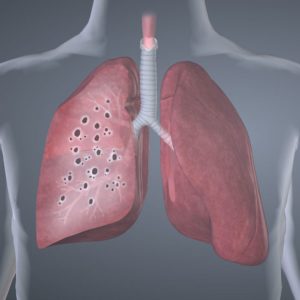 Please Visit and Join the WeHeal Sarcoidosis Community
Please Visit and Join the WeHeal Sarcoidosis Community
Information and References: WebMD | Wikipedia
Clinical trials: Clinicaltrials.gov | In Clinical Trials | EU Clinical Trials Register | WeHeal Guide to Researching Clinical Trials
News and Media: News-Medical.net
Sarcoidosis is a disease involving abnormal collections of inflammatory cells that form lumps known as granulomas. The disease usually begins in the lungs, skin, or lymph nodes. Less commonly affected are the eyes, liver, heart, and brain. Any organ, however, can be affected. The signs and symptoms depend on the organ involved. Often there are no, or only mild, symptoms. When it affects the lungs there may be wheezing, coughing, shortness of breath, or chest pain. Some may have Löfgren syndrome in which there is fever, large lymph nodes, arthritis, and a rash known as erythema nodosum.
The cause of sarcoidosis is unknown. Some believe it may be due to an immune reaction to a trigger such as an infection or chemicals in those who are genetically predisposed. Those with affected family members are at greater risk. Diagnosis is partly based on signs and symptoms, which may be supported by biopsy. Findings that make it likely include large lymph nodes at the root of the lung on both sides, high blood calcium with a normal parathyroid hormone level, or elevated levels of angiotensin converting enzyme (ACE) in the blood. The diagnosis should only be made after excluding other possible causes of similar symptoms such as tuberculosis.
Sarcoidosis may resolve without any treatment within a few years. However, some people may have long term or severe disease. Some symptoms may be improved with the use of anti-inflammatory drugs such as ibuprofen. In cases where the condition causes significant health problems steroids such as prednisone are indicated. Medications such as methotrexate, chloroquine, or azathioprine may occasionally be used in an effort to decrease the side effects of steroids. The risk of death is between one and seven percent. There is a less than five percent chance of the disease returning in someone who has had it previously.
Please Visit and Join the WeHeal Sarcoidosis Community
WeHeal is very grateful to our valued sources of information which include Wikipedia, WebMD, ClinicalTrials.gov, Cancer.gov, Infoplease, and the US CDC (Center for Disease Control).